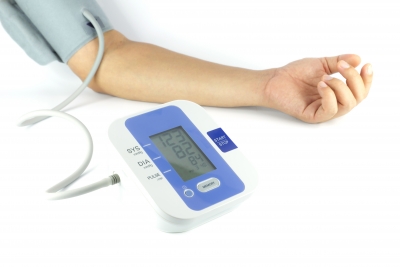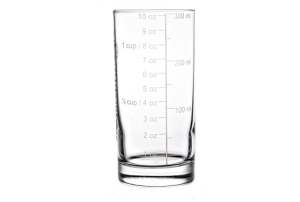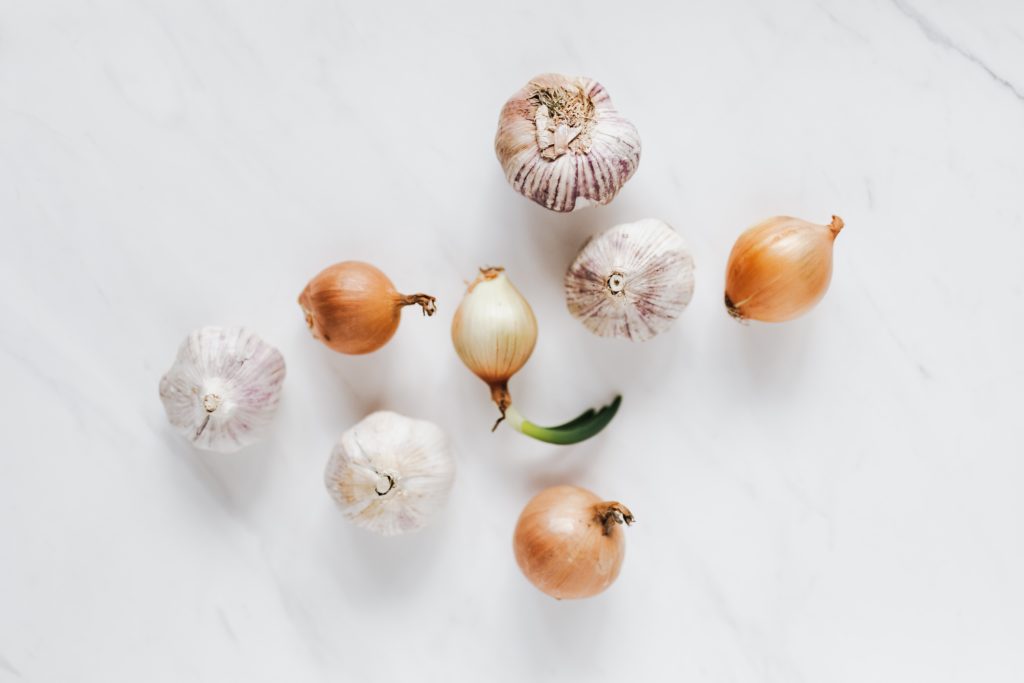Lower Your Blood Pressure without Medication
 Here are 7 ways to lower your blood pressure without medication.
Here are 7 ways to lower your blood pressure without medication.
1. Use a home blood pressure monitor
Monitor your blood pressure at home, as well as your doctor’s office. Combining your readings with your doctor’s will give a better measure of your high blood pressure and treatment to control it. Home monitoring will also rule out if you suffer from “white coat hypertension”. It is ideal to monitor your blood pressure at the same time every day.
Continue reading
Dehydration and Low Blood Pressure
 I realize your bigger concern tends to be how to LOWER high blood pressure, but today I want to touch on the reverse so you are aware of this potential problem.
I realize your bigger concern tends to be how to LOWER high blood pressure, but today I want to touch on the reverse so you are aware of this potential problem.
Low blood pressure, also known as hypotension, is when your blood pressure drops below 90 mm Hg systolic (top number) or 60 mm Hg diastolic (bottom number).
If your blood pressure is normally on the low side, it’s not a concern as long as you are not experiencing symptoms associated with low blood pressure. Symptoms include:
Dizziness
Fainting
Lack of concentration
Fatigue
Nausea
Blurred vision
Rapid, shallow breathing
If you are experiencing these symptoms, you need to take action to correct and prevent blood pressure from dropping too low.
Lower Blood Pressure with Vegetables

Are you familiar with the DASH (Dietary Approaches to Stop Hypertension) Diet? The DASH Diet is a very effective plan to lower blood pressure. However, it can be difficult to follow, especially if you don’t currently consume many vegetables. The DASH Diet calls for 4-5 servings of vegetables each day. One vegetable serving equals one-half cup or a one-cup serving of greens, such as spinach and lettuce.
Here are 3 easy to locate aromatic vegetables you can incorporate more into your daily diet for a variety of health benefits. Aromatic vegetables are used to add flavor to many dishes.
Onions – Probably one of the most often used aromatic vegetables in the United States. Onions are high in allyl sulfides, which aid in the fight against heart disease and cancer. Onions provide inulin, vitamin C, fiber manganese, and folate.
Celery – A great low-calorie addition to meals, celery promotes a lower blood pressure. Celery contains Vitamins A, C, and K, as well as potassium and quercetin. Quecetin is a flavonoid with anti-inflammatory properties to protect heart health.
Garlic – Reduces atherosclerosis, which is the thickening of your arterial walls, and reduces cancer risk.
Continue readingHow to Find the Right Blood Pressure Monitor
 Blood pressure should be checked every two years after the age of 21, annual checks after age 50, more frequent checks if you have risk factors. It is easiest to treat high blood pressure if you catch the gradual increase early on. If you have a family history of heart disease or stroke, all the more reason to pay attention.
Blood pressure should be checked every two years after the age of 21, annual checks after age 50, more frequent checks if you have risk factors. It is easiest to treat high blood pressure if you catch the gradual increase early on. If you have a family history of heart disease or stroke, all the more reason to pay attention.
Home Monitoring Blood Pressure
If you are diagnosed with high blood pressure, it is wise to monitor your blood pressure at home, as well as your doctor’s office. Combining your readings with your doctor’s will provide a better measure of your high blood pressure and treatment to control it.
Also, home monitoring will rule out if you suffer from “white coat hypertension”. About 30% of individuals diagnosed with hypertension, have “white coat hypertension”. In other words, their blood pressure is elevated due to increased anxiety when visiting the doctor. The only way to know the effects on your blood pressure is to monitor it regularly. For the most accurate results, monitor your blood pressure at the same time every day.
DO NOT substitute home monitoring in place of regular MD checkups. Your MD appointments are very important, especially if your high blood pressure is being treated with medication.
Continue reading
Lower Blood Pressure More Effectively with Telemedicine
 According to the Centers for Disease Control and Prevention, 65 million Americans have high blood pressure with approximately 74 percent taking medication to treat high blood pressure.
According to the Centers for Disease Control and Prevention, 65 million Americans have high blood pressure with approximately 74 percent taking medication to treat high blood pressure.
Research presented at the 61st American College of Cardiology’s Annual Scientific Session found internet-based telemedicine to lead to more effective medication prescriptions, improved blood pressure control, and a reduction in cardiovascular risk when compared to traditional, periodic office visits.
Telemedicine to monitor blood pressure refers to patients reporting blood pressure readings more frequently via web-based platforms. This led to more efficient and timely treatment plan adjustments if needed from their health care team.
Continue reading
Do you need to cut back on salt to lower blood pressure?

Do you need to worry about how much salt you consume in your diet? It has been argued that only those who are “salt sensitive” need to be concerned about decreasing sodium/salt intake to lower blood pressure.
A study published online in Circulation researched how a high sodium diet may lead to hypertension. The study followed over 5000 participants from the Dutch PREVEND study for close to six and a half years. All participants did not have high blood pressure when the study began.
Researchers found high sodium intake to increase serum uric acid and urine albumin excretion. Increases in serum uric acid and urine albumin are two markers of endothelial dysfunction. The endothelium is the inner lining of blood vessels and a dysfunction is an imbalance of the substances that act on the endothelium leading to vasodilation and vasoconstriction.
As serum uric acid secretion increases, risk of developing hypertension increases. Researches found the same to occur as urinary albumin levels increased. The increased risk of hypertension with increased levels of sodium intake was only seen in participants with markers of endothelial dysfunction.
Studies have shown that consuming high levels of sodium for short periods of time to be associated with endothelial dysfunction. Researchers believe that repeat incidences of high sodium intake in the long term may explain rises in blood pressure connected to high sodium diets.
Continue reading



